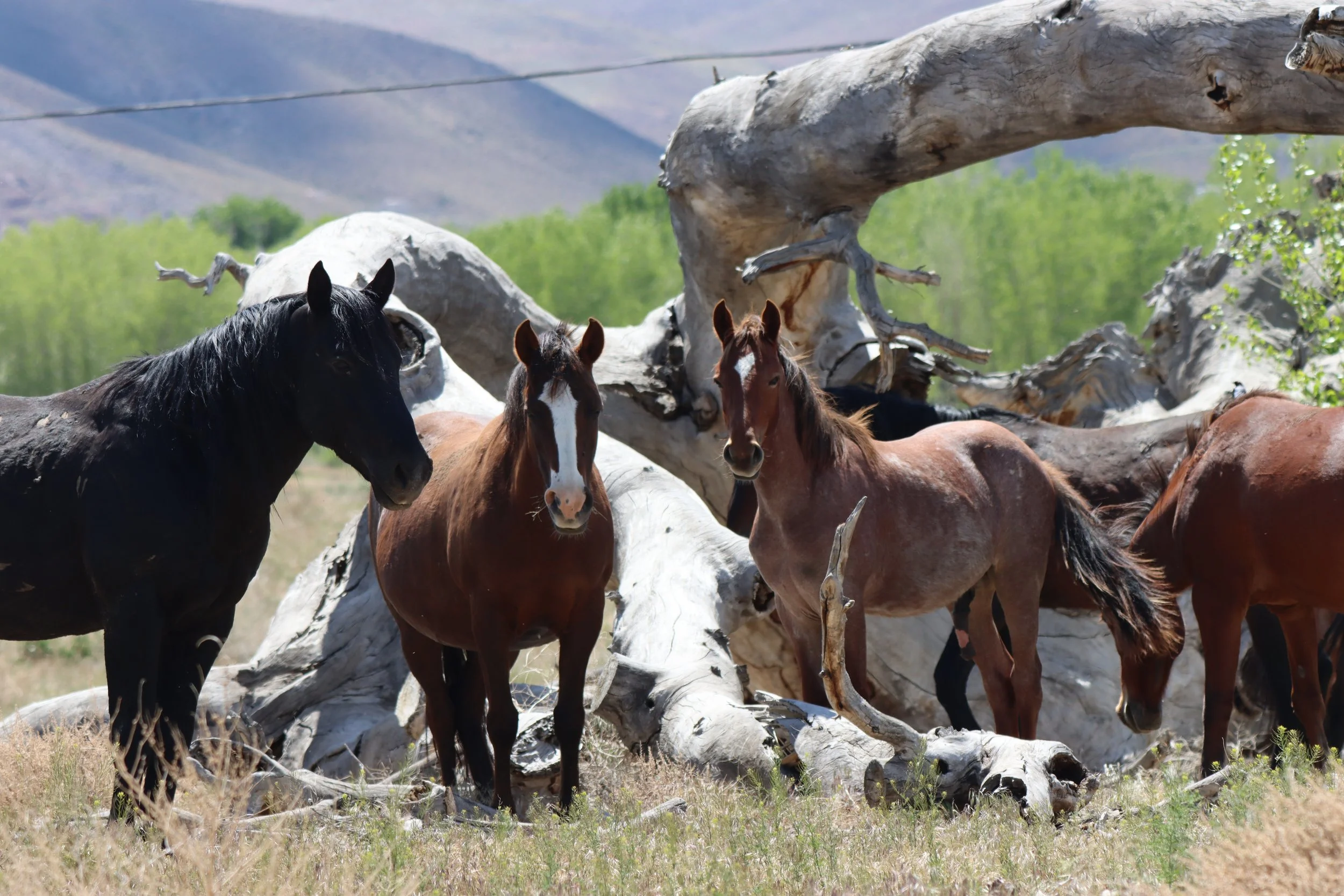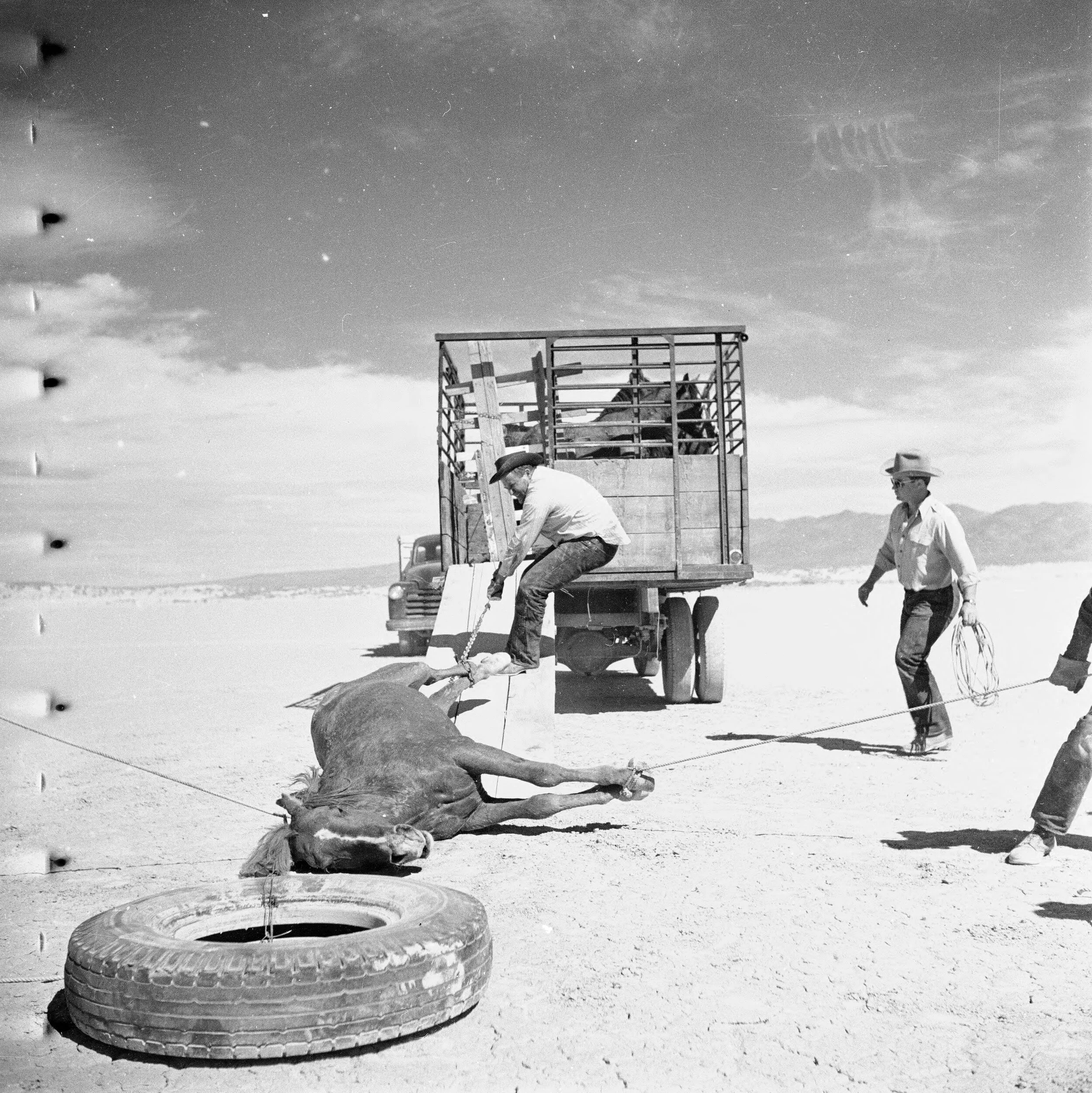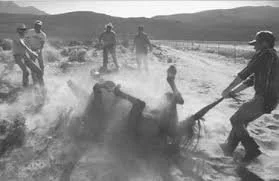
EFFECTIVE ADVOCACY
It’s essential to educate yourself beyond social media, as it can often be biased, and not everyone shares accurate information. For years, misinformation and propaganda have shaped public perception, leading many to accept false narratives and conspiracy theories as truth. To be an effective advocate, you must be open-minded, seek out credible sources, and be willing to challenge what you think you know.
True understanding comes from research, critical thinking, and listening to multiple perspectives—especially from those with firsthand experience. Let’s commit to fact-based advocacy and ensure that our efforts are rooted in science-based factual truth, not misinformation.
Even though the Bureau of Land Management operates as a federal agency, in the Wild Horse and Burro Program, the implementation of its policies often varies from state to state or even by district. To enact uniform, meaningful change, it's crucial to work through Congress and the Department of the Interior. These federal bodies have the authority to establish nationwide policies that ensure ethical and scientifically informed management practices for our public lands and wildlife.
Effective advocacy is the cornerstone of meaningful change. It’s about joining forces, sharing ideas, and taking informed, strategic action so that our collective voices can be heard by decision-makers.
No question is a stupid question. We should all be open to helping each other. No one was born having the exact knowledge and we all start somewhere. Educating yourself outside of Social Media is so important.
Educate the public
Contact elected officials
Support organizations *note ~As part of public choice, you have the freedom to decide which organizations to follow and support. While I strongly encourage unity among advocates, it’s important to recognize that some organizations prefer to keep supporters within their platforms. However, you are not limited to advocating within a single group—you can choose to advocate independently or align with an organization that aligns with your values.
No matter which path you take, do your research. Make sure the organization you support is transparent, ethical, and truly committed to the cause. Advocacy should be about facts, integrity, and real solutions—not just following the loudest voices.

THE 1971 FREE ROAMING WILD HORSE AND BURRO ACT
Congress finds and declares that wild free-roaming horses and burros are living symbols of the historic and pioneer spirit of the West; that they contribute to the diversity of life forms within the Nation and enrich the lives of the American people; and that these horses and burros are fast disappearing from the American scene. It is the policy of Congress that wild free-roaming horses and burros shall be protected from capture, branding, harassment, or death; and to accomplish this they are to be considered in the area where presently found, as an integral part of the natural system of the public lands.
To advocate effectively today, we must understand the issue from historical, psychological, physical, and procedural perspectives. By learning from past circumstances, options, and missteps, we can drive stronger preservation and protection efforts for our treasured wild horses, burros, and the lands they depend on for survival.




